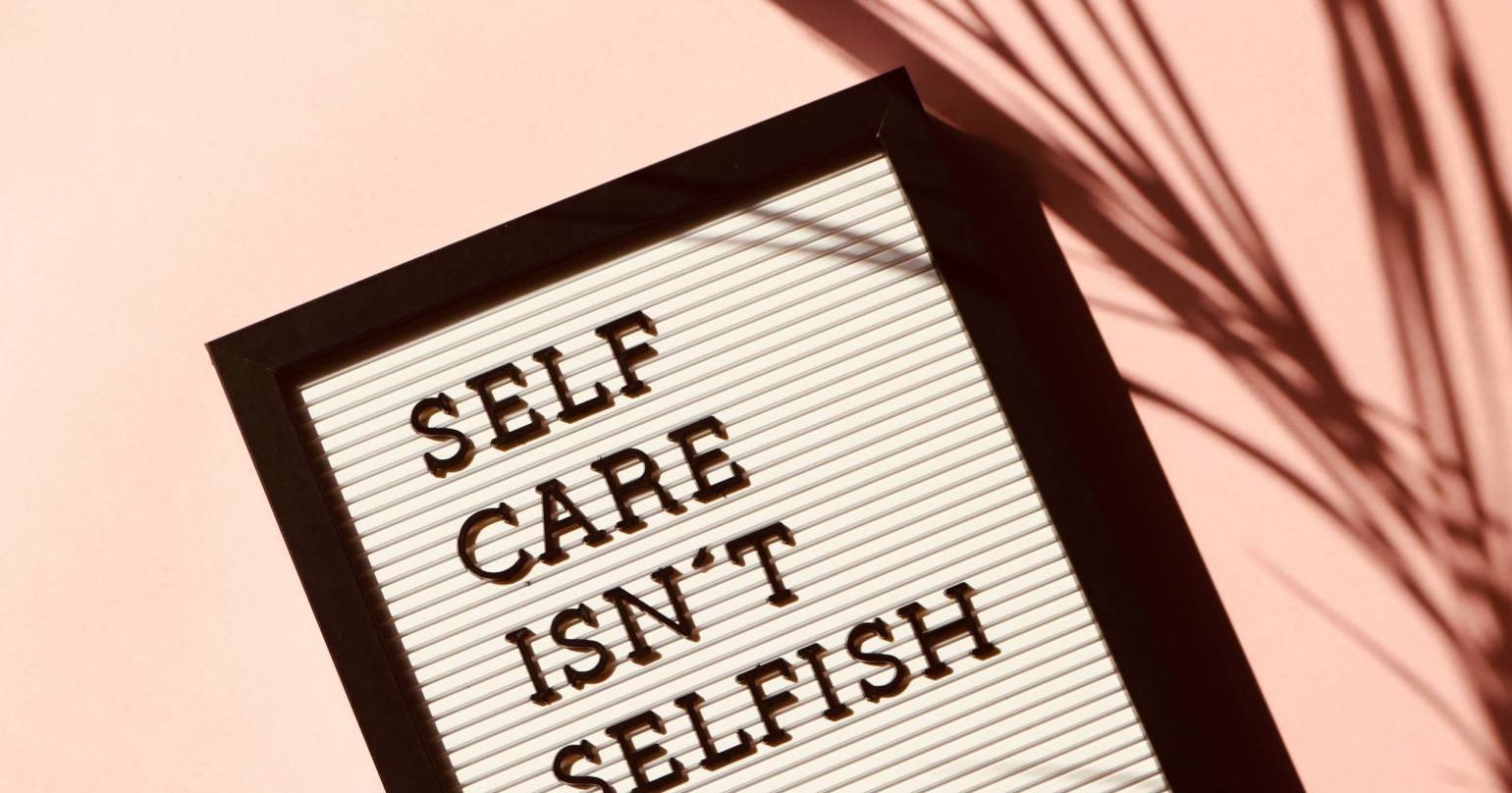Emotional Self-Care
Last week I talked about self-care in general.
Today, I want to talk more specifically about emotional self-care. Because 1) I am a therapist and that is my area of expertise and because 2) this is probably the area of self-care that has the most impact on all of your relationships. You, not your partner, need to be the person most responsible for your emotional well-being.
It’s so important. And here’s why. Let’s say you meet your partner; you fall in love and you feel great! There is no better drug than new romance. You might even believe that your partner is the source of your awesome mood, which is totally cool. Until it isn’t. So, biologically, that feeling is the result of the brain chemical, phenylethylamine or PEA. By nature, this chemical eventually loses its effectiveness after the infatuation stage passes. Then you go back to your normal state of happiness (or unhappiness), that is, the general level of happiness that you had before you fell in love. So, if you thought that your partner was the source of your great mood and then you start to not be in great moods, you might start to think that your partner is now the source of your unhappiness. That puts unnecessary strain and impossible expectations on the relationship.
Relationships tend to be so much easier and so much more satisfying if both partners are emotionally healthy. Emotionally healthy people count on their partners for support, but don’t count on their partners to “make them happy.” They typically have much more to give to the relationship as well. Being in a relationship with an emotionally unhealthy partner is draining, even exhausting.
Here are some signs of someone who is emotional healthy-
- They like who you are
- They are flexible/adaptable
- They are slow to anger (they rarely “fly off the handle”)
- They ask for what they want
- They treat others kindly
- They are aware of their own emotions, meaning they can identify what they are feeling and be ok feeling even the tough emotions without trying to avoid them (like with “keeping busy,” deflecting, or using substances).
- They are fairly even keel. Emotionally healthy people rarely have drama.
•
OK, so how should you take care of your emotional self? The great news is that there are so many effective ways. And, like anything else, just start where you are. So, start by noticing your moods. How are you feeling most of the time? Everyone gets in bad moods, but if you are frequently, irritated, angry, sad or anxious, you probably need to work on that.
Look at how you treat your partner. Again, everyone occasionally fights, but if you find yourself frequently snapping or blaming, it might be more of a reflection of your own emotional well-being than of how your partner is acting.
If you think you might need some work…or if your partner thinks you need some work, because frequently they can see us more clearly than we can see ourselves, here are some ways to start taking care of your emotional self.
• Mind your thoughts. We tend to believe the first thing that pops into our minds, like “I’m such an idiot,” or “he doesn’t respect me” or “what if I lose my job.” Learn to evaluate your thoughts and think more realistically. Look for other ways of seeing things- like, are there ways that I am not an idiot? ways he does respect me? What if I don’t lose my job? This takes practice and is too much to teach in a few minutes, but if you want more, my favorite book that helps is Feeling Good by David Burns. It’s a classic and is updated every few years. Also, my 6-week relationship transformation course dedicates an entire week to this topic. And I do individual coaching as well.
• Meditate. It’s so easy, so simple and so effective. Meditation will help you develop a “longer fuse.” So, you can better deal with life’s ups and downs (and your partner’s quirks) without getting so annoyed, without giving up or over reacting. I have heard many times, “I can’t meditate. I can’t stop my brain.” And you don’t have to. You can still meditate. It just means noticing, and when your brain wanders, even if it is every 3 seconds, just kindly, gently bring it back to something that you are focusing on- your breath, a sound, a physical sensation. Just keep coming back. And voilà, you are meditating. There are so many apps these days, 3 of my favorites are “Calm,” “Insight Timer” and “Headspace.” They all can guide you or you can YouTube a meditation or do it yourself.
• Get outside. Sunlight and fresh air do wonders for your mood. It’s evidence-based, effective medicine. There are also “happy lights” that simulate sunlight for under $40 on Amazon.
• Exercise– same as above. It is evidence based, effective medicine. Recently, the CDC reviewed data for over 1 million people who had self-reported their “bad mental health” days and their exercise habits, among other things. People who exercised 3 or more times a week reported 43% fewer “bad mental health” days over the previous month than people who did not exercise.
• Journal. I journal almost every day and for me, it helps put things in perspective. It helps to dump all of my thoughts out on paper so they are not cluttering up my brain the rest of the day.
• Socialize. (Even if it’s virtual.) Again, it’s been studied. Even socially anxious people do well to interact with people sometimes. It’s good for your mood and overall mental health.
• Upbeat playlist. Do not underestimate the power of music to motivate you or improve your mood. These are my favorite emotional health tools, but there are always more. Start where you are. Try one, be diligent, and find what works for you.


1 Comment
Celestina Elmore Merrie
Posted July 31, 2020 10:58 amI just discovered this site just two weeks now, and wow…So grateful for you. Thanks for the post. awesome.. Celestina Elmore Merrie
Comments are closed.